OOPS!
Looks like that page wasn’t sustainable enough.
Let’s get you back on track:
- Visit our homepage
- Meet our team
- Read the latest news
- Get in touch
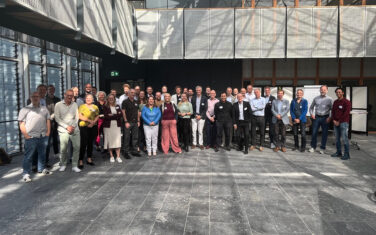
InReP Project Successfully Completed: Major Steps Toward Circular Plastics
With 33 partners working together across the entire plastics value chain, the project delivered technological breakthroughs, new application possibilities and valuable systemwide insights for further innovation and policy development.
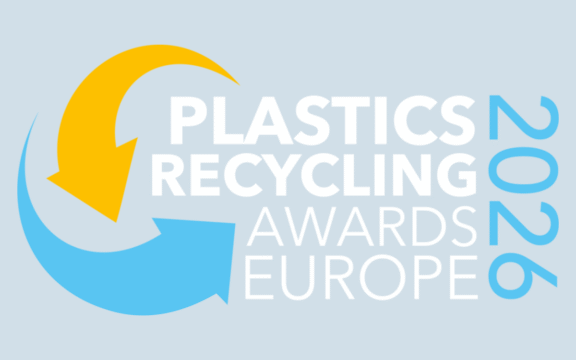
External event
PRSE 2026
Now in its tenth year, the Plastics Recycling Show Europe is THE dedicated exhibition, conference and awards for plastics recycling in mainland Europe. The biggest names in recycled materials, recycling...
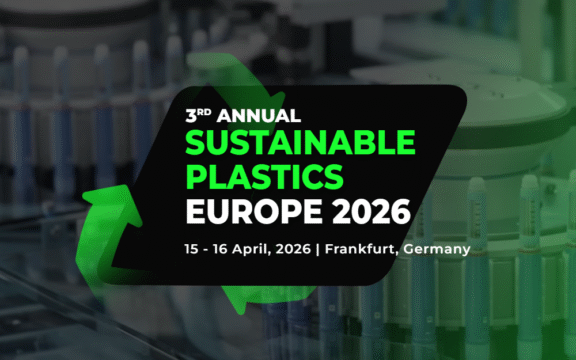
External event
Sustainable Plastics Europe 2025
This is the leading trade show for showcasing the latest advances in bio-based and recyclable plastics.
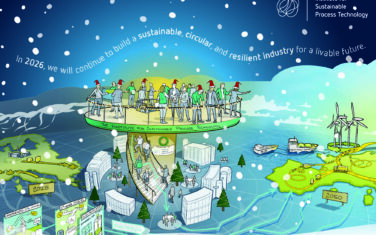
Reflecting on 2025: Building Momentum for a Livable Future
Discover here the highlights from 2025.
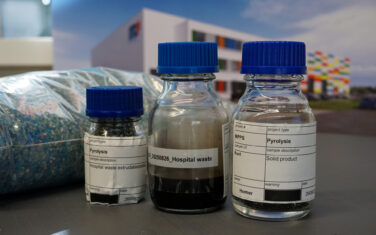
From Waste to Resource: How Collaboration in the Value Chain Can Enable the Reuse of Plastic Materials from Hospitals
Every year, tons of hospital waste in the Netherlands are incinerated, even though a large share is technically recyclable. To exploit the value of hospital waste, UMC Utrecht, SABIC and the applied research centre NTCP collaborated in the Multipurpose Plastic Sorting (MPPS) project.
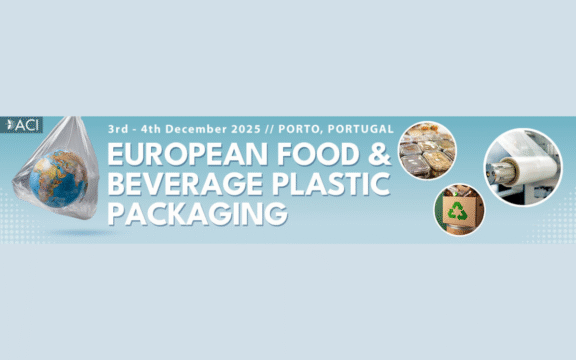
External event
European Food & Beverage Plastic Packaging Summit 2025
The 9th annual summit will focus on the industry’s increasing challenge for innovation toward a sustainable future.
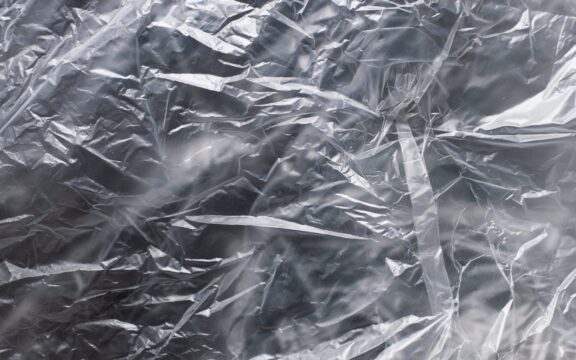
Cascade Recyling of Plastic Film (CaRP)
The CaRP project will find and show realistic cascade recycling routes for packaging film waste to minimise the amount of plastic film waste that is incinerated and to maximise the...
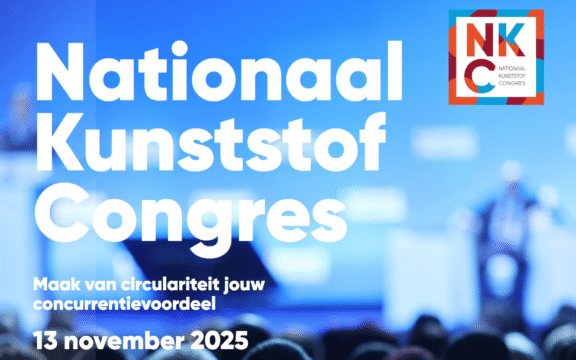
External event
Nationaal Kunstof Congres 2025
Dit toonaangevende congres biedt een dag vol inzichten in kansen, (technische) oplossingen en inspiratie om circulair te concurreren. Ronald Korstanje zal deelnemen aan de deelsessie 'Recyclaat in de Praktijk -...
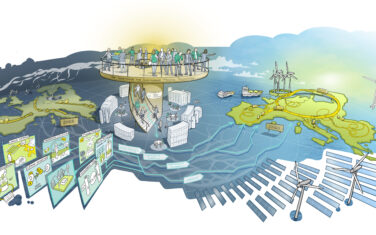
The road towards a circular, climate-neutral and resilient 2050
What does the future demand from us – and from industry? Our new visual shows how ISPT navigates the path towards a circular and CO₂-neutral economy by 2050.
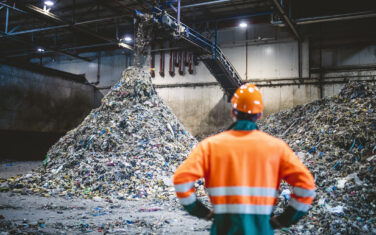
International Consortium Calls on Policymakers for Future-Proof Plastics Policy
Backed by new technologies for high-quality recycling of PE, PP and PET, the consortium advocates for an integrated vision, mandatory standardisation, and a clear policy framework for cascading recycling technologies.
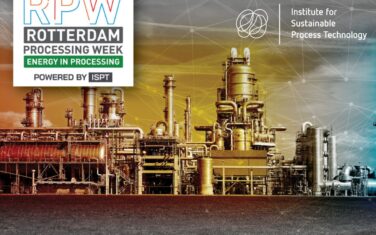
Ontdek hoe processing de transitie versnelt – meld je aan voor de Rotterdam Processing Week op 1 & 2 oktober
Tijdens de Rotterdam Processing Week in Ahoy Rotterdam presenteert ISPT de laatste ontwikkelingen en uitdagingen in de energie, materialen en agro-food transities.
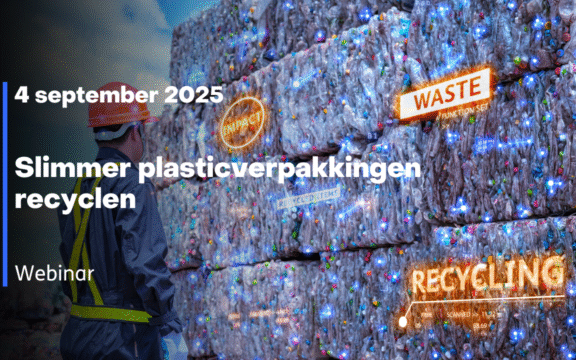
External event
Webinar: Slimmer plasticverpakkingen recyclen
Inzicht in de beste operationele keuzes, investeringsbeslissingen en innovatie. Meld je aan voor het live webinar en stel je vragen direct aan de experts.
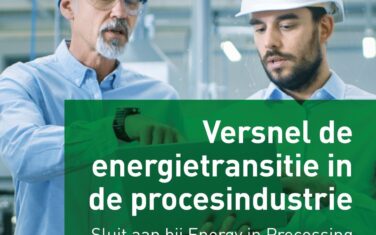
ISPT brengt systeeminnovatie naar Rotterdam Processing Week 2025
ISPT presenteert tijdens de Rotterdam Processing Week de laatste inzichten en innovaties rondom energie, materialen en voedselverwerking.
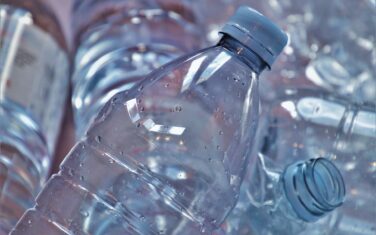
Nieuwe maatregelen voor plasticsrecycling na schrappen Plastic Taks en NCPN
De Circulaire Plastic Tafel heeft nu een set van maatregelen voorgesteld die moeten leiden tot een toename van plasticsrecycling in Nederland. Lees er meer over in dit artikel.
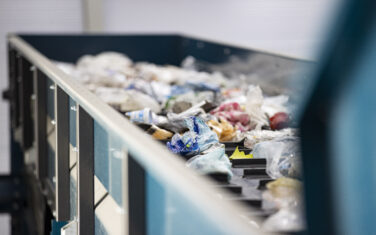
‘Voor effectieve plasticrecycling is meer nodig dan innovatieve technologie’
Nederland moet en wil meer plastic recyclen, maar het ene na het andere recyclebedrijf gaat failliet. De hoop is nu gevestigd op de zogenoemde Circulaire Plastic Tafel.
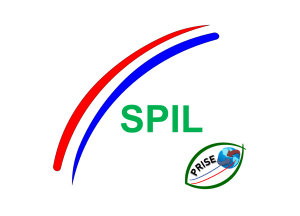
External event
SPIL Conference 2025
Sustainable Process Innovation and Modelling Conference
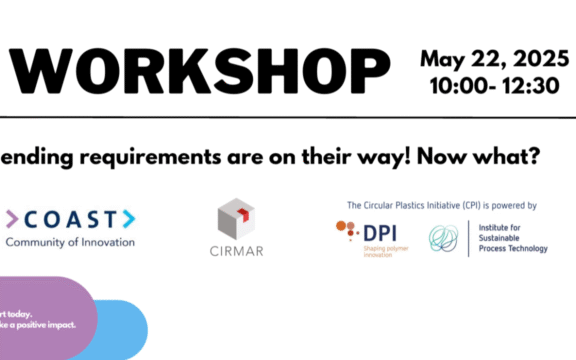
External event
Online workshop: Blending requirements are on their way! What now?
From 2028 onwards, producers of plastic products must comply with the blending requirements. But what does that really mean for you? Join the webinar and find out!
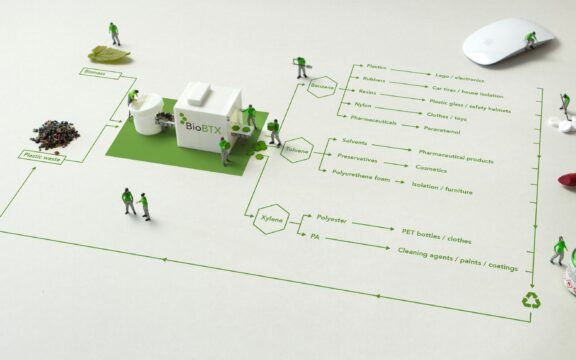
Circular Aromatics – Turning Waste into High-Value Circular Plastics
As the world moves toward net-zero carbon goals, the demand for sustainable materials is rapidly increasing. Plastics, essential in countless applications, must evolve to meet the demands of a circular,...
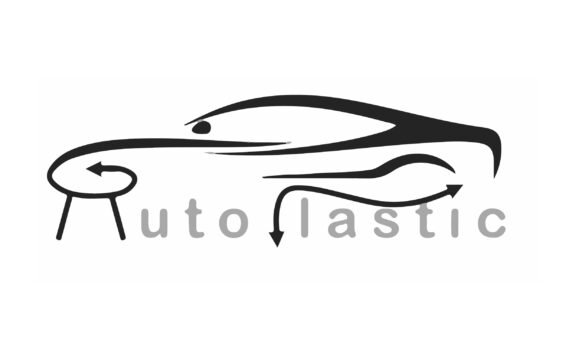
AutoPlastic: Shaping the Future of Automotive and Plastic Recycling
As the automotive industry faces new recycling legislation, the AutoPlastic project leads the way in boosting car plastic recycling. It helps the Dutch automotive sector stay ahead by developing solutions...
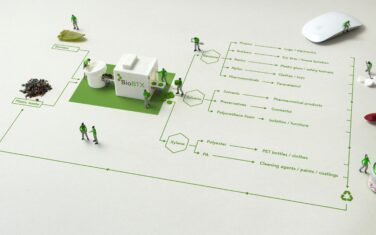
Start of Circular Aromatics pilot project: 23 million euros for circular chemistry
A consortium of leading companies, knowledge institutions and universities launches the Circular Aromatics project, a 23 million euro initiative aimed at scaling up an innovative chemical recycling technology.
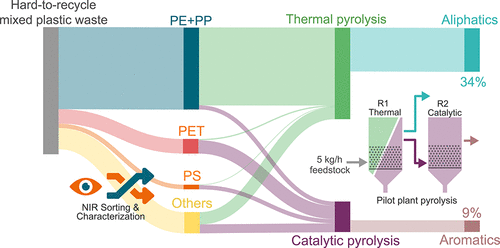
Full Utilization of Hard-to-Recycle Mixed Plastic Waste by Conversion toward Pyrolysis Oil and BTX Aromatics on a Pilot Scale
This study investigates the technological feasibility of recycling mixed plastic waste streams into chemical building blocks on a pilot scale.
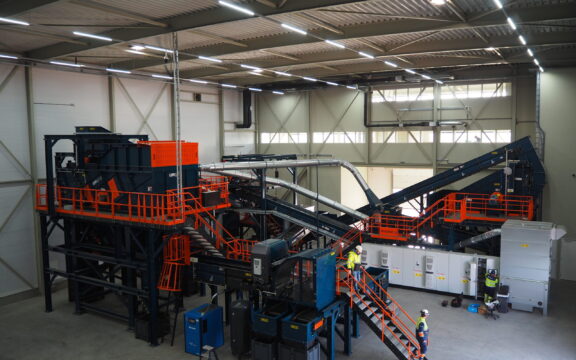
Losses and emissions in polypropylene recycling from household packaging waste
In this study the LEMPLAR consortium replicated a typical high-quality post-consumer polypropylene (PP) recycling process to investigate its losses and emissions and study potential improvements.
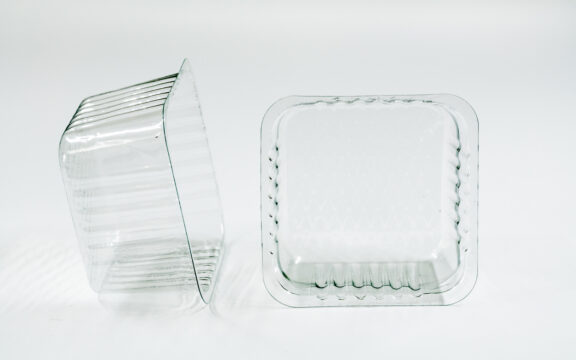
Mechanical Recycling of PET Multi-Layer Post-Consumer Packaging: Effects of Impurity Content
The recycling of PET trays is highly challenging. The aim of this paper was to investigate the issues related to the mechanical recycling process and, the correlation between feedstock composition...

Marta Konopinska
Program Officer (Circular Plastics, Industry 4.0)